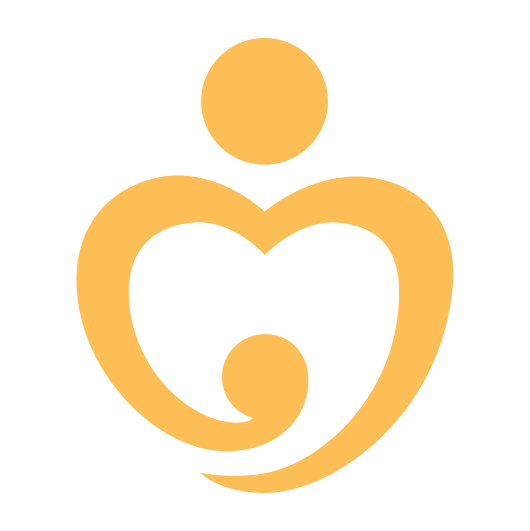Reaching underserved communities in Karnali through grassroots interventions
By Rabin Joshi, Sr. Program Coordinator
Rabin’s journey began in the hills of Rolpa, Lumbini Province, where he started his career with local civil society organizations to help underserved communities in rural areas. He worked on various health, nutrition, child protection, livelihood, water health, and sanitation projects in Kapilbastu, Rolpa, and Dang Districts with support from UNICEF and Save the Children. Rabin gained popularity as a teacher in a rural school before joining OHW as District Coordinator in Bhojpur District in 2016. Under his leadership, his team built 18 birthing centers in just 3.5 years, still the highest number of birthing centers built in a single district. OHW introduced cost-sharing practices with the local governments during his tenure in Kavre, where the government contributed significantly.
In late 2022, he competed for and was appointed Senior Program Coordinator, leading his team in several districts in Karnali Province. Rabin’s success in Kavre is now being replicated in Karnali, where OHW is implementing its new MNH program.
Rabin, originally from Rolpa, has a Bachelor’s degree in Public Health and a Master’s degree in Sociology. Rabin’s success at OHW is a testament to his hard work, dedication, and commitment to serving his community. He is a role model for others who aspire to make a difference in the lives of those who need it most. Despite his success, Rabin remains committed to OHW’s values and the significant contributions the organization makes as an institution.
At first sight, Karnali Province takes your breath away - snow-fed mountains in the north, sprawled with the country’s largest national park, biggest lake, longest river, and home to some of the world’s rarest flora and fauna.
But at the same time, there is another side to Karnali: extreme poverty, fragile road infrastructure, and hardship among the communities in most of the districts. The province is also home to some of the country's most disaster-prone areas, especially rural ones.
In mid-2022, One Heart Worldwide started implementing its MNH program in Dolpa, the biggest district in Nepal and one of ten districts in Karnali Province. Dolpa was one of the first districts where OHW started its program in 2010.
In partnership with local NGOs, we have returned to Dolpa to support the government’s health-strengthening efforts. The OHW team and our partner NGOs are already on the ground, building a solid foundation for a sustainable MNH care system, especially in rural municipalities where safe motherhood is still fragile.
We are also working in Rukum West and Salyan Districts, and soon we will scale out to Dailekh and Kalikot Districts.
OHW team: Taking the first steps to create a solid foundation
With our small but dedicated team from OHW and partner NGOs, we have consistently coordinated with key government stakeholders - from the provincial to the rural municipality and ward levels. As a result, we have identified many gaps and shortcomings using the Government of Nepal’s Minimum Service Standard (MSS) tools. The goal is to use concrete information to create new opportunities through our technical support and partnership with local governments.
Our MSS information has helped create comprehensive knowledge on addressing the problems and challenges and creating solutions through an action plan. MSS tools focus on readiness, enhancing quality, and improving management through the Health Facility Operation and Management Committee (HFOMC).
As a result of this exercise, the members of the HFOMC and health workers have already realized their weaknesses and identified opportunities to strengthen their facilities. We have seen a lot of changes in their attitudes and working methodology, which has increased their ability to improve their management and service provision.
Our partnership with the Government as the lead
So far, we have had a positive start. The local governments understand our partnership approach, which is a first for them as they have not previously partnered on a cost-sharing basis with any non-government organization or entity.
Communicating effectively with governments about our progress with health facilities is our strength. Our activity updates and impact are communicated consistently to local elected representatives. The regular flow of information has created interest among the representatives to understand the local realities and identify solutions.
Initially, it was a big challenge for our team. The municipalities were hesitant to make contributions on a cost-sharing basis for facility upgrades, but after continuous advocacy, we have successfully gotten commitments from several municipalities for cost-sharing.
Our program has also helped the government’s health coordinators, who shared how our support has enabled them to effectively coordinate with the municipalities for budget planning. For example, when we reached the three districts, the governments had already finished their budget planning. However, our advocacy motivated them to make revisions. As a result, they have now allocated nearly 35-50 percent of their budget to upgrading birthing centers, training nurses, ROUSG mobilization and equipment and have shared the cost of the activities like MSS, onsite coaching, Implant training, HFOMC training, which is an excellent initiation for us in the first year of the active implementation phase.
The local government officials understand that we are here to support and not direct them. They appreciate that we have put the government in the lead. Their officials and health staff have better knowledge of the local context and how to improve their system. We also coordinate with local development practitioners and their NGOs. Their inputs are valuable, so we don’t duplicate any activity but have a meaningful intervention.
In the local community and government, there are already high expectations about the support of the OHW in bringing positive changes, particularly when upgrading their health facilities. OHW already has plans for renovating birthing centers in all municipalities – both urban and rural wards.
The only way to address them is to ensure a strong feeling of ownership among the local stakeholders. In the end, A long-term solution is to create a healthy team and an effective management system in health facilities.
Motivating community health workers for community engagement
Female Health Care Volunteers (FCHVs) are essential to any development program, especially for health programs, where they are the frontline workers. In particular, their role is vital when it comes to reaching out to pregnant women. There are a lot of pregnancies among young girls due to underage marriages. In addition, ages-old cultural beliefs are strong in the region, resulting in home birth deliveries.
At the community level, mothers' group meetings are also beneficial in sharing knowledge and experiences to prepare for safe birth and motherhood. But in Dolpa, we found no mothers' groups organizing meetings due to a lack of information and knowledge. We also found that FCHVs were not participating in these meetings. FCHVs serve as a bridge between communities and municipalities. They shared how they lacked motivation due to a lack of knowledge in the absence of training and guidance.
Our Community Mobilizers are already engaged in prioritized wards of a municipality and have played a significant role in motivating communities. As a result, they have been actively counseling mothers through home visits and organizing and participating in mothers' group meetings.
Our team will provide training to many FCHVs in every municipality ward, and they will help raise awareness among pregnant women, mothers, and their families. We prioritize community engagement, especially in the wards where the risks of maternity and neonatal-related deaths are high.
Building a team of skilled nurses
In some municipalities, especially in the remote areas of Dolpa, we have noted that the management system of health facilities could be more robust.
In most districts, we usually find a common trend of nurses being out of practice, unequipped to handle complications, and losing their skills and knowledge. There is also a similar trend in Karnali, where nurses have been unable to upgrade their skills. Our team has been helping to provide training to enhance their knowledge which has already given them new hope and motivation.
Even when health facilities are upgraded and provided with life-saving equipment, they cannot function without the support of trained nurses. Despite working in the most remote and underserved communities, our coaching and mentorship sessions have helped identify their weaknesses. Our role is to monitor outcomes continuously as we need to see evidence of change. We must see how nurses provide services and care for mothers and babies.
Our partnership with NGOs: a sustainable approach
The challenges in Dolpa are enormous, given the geographical barriers. Many rural municipality wards are so remote that women often have difficulty reaching the nearest birthing center. For this reason, OHW and its partners are working hard to ensure that we prioritize these hard-to-reach areas.
In 2022, OHW started partnering with local NGOs to aid our MNH program. For most NGO partners, this is an uncharted area of work. We have organized several capacity-building activities to enhance their management and clinical skills, helping them to sustain their engagement in the MNH sector after OHW’s program phases out.
Using this partnership approach, we will ensure our goal of creating a sustainable system is achieved and maintained. Many international NGOs work in a particular province, providing support for a specific time. They were unable to create a system that would sustain their efforts.
We are already preparing our NGO partners on how they can help municipalities create a sustainable system instead of a quick fix for short-term emergencies.
Leaving no village behind: Our Vision for equitable access for All
Working in Karnali has been full of challenges. We have a newly formed team that includes both OHW and partner NGOs. When we launched our program, our first challenge was the heavy monsoon rainfall, followed by the national election and then the festivals, Dashain and Tihar, all of which delayed our implementation.
Most of the rural municipality wards have challenges due to geographical barriers. Residents often are deprived of adept transportation, even for off-road vehicles, which would cause difficulties when rural nurses have to provide referrals to better-equipped hospitals for dealing with complicated cases. During emergencies, helicopter rescue is often required.
We are now in full swing. We are working to ensure that no villages are left behind. This is why we work in every municipal ward, in both the urban and rural areas. By reaching every village, we can create a health equity system to help achieve quality care, especially for the most underserved communities.
We aim to create equity in the health system in Karnali. We must reach underserved communities, especially women and girls who have historically been most deprived of quality healthcare. They are at the highest risk of losing their lives during their pregnancies and births.
Creating equity is essential for us since the Government of Nepal has emphasized reaching all underserved communities, especially the Dalit and socially and economically disadvantaged. OHW’s support to create equitable access is primarily through upgrading health facilities in the most unreachable areas where people don’t have access to hospitals. We also provide training, capacity development, and supplemental medical supplies, among other activities that ultimately aid in creating and centering equity throughout every community we work in.








